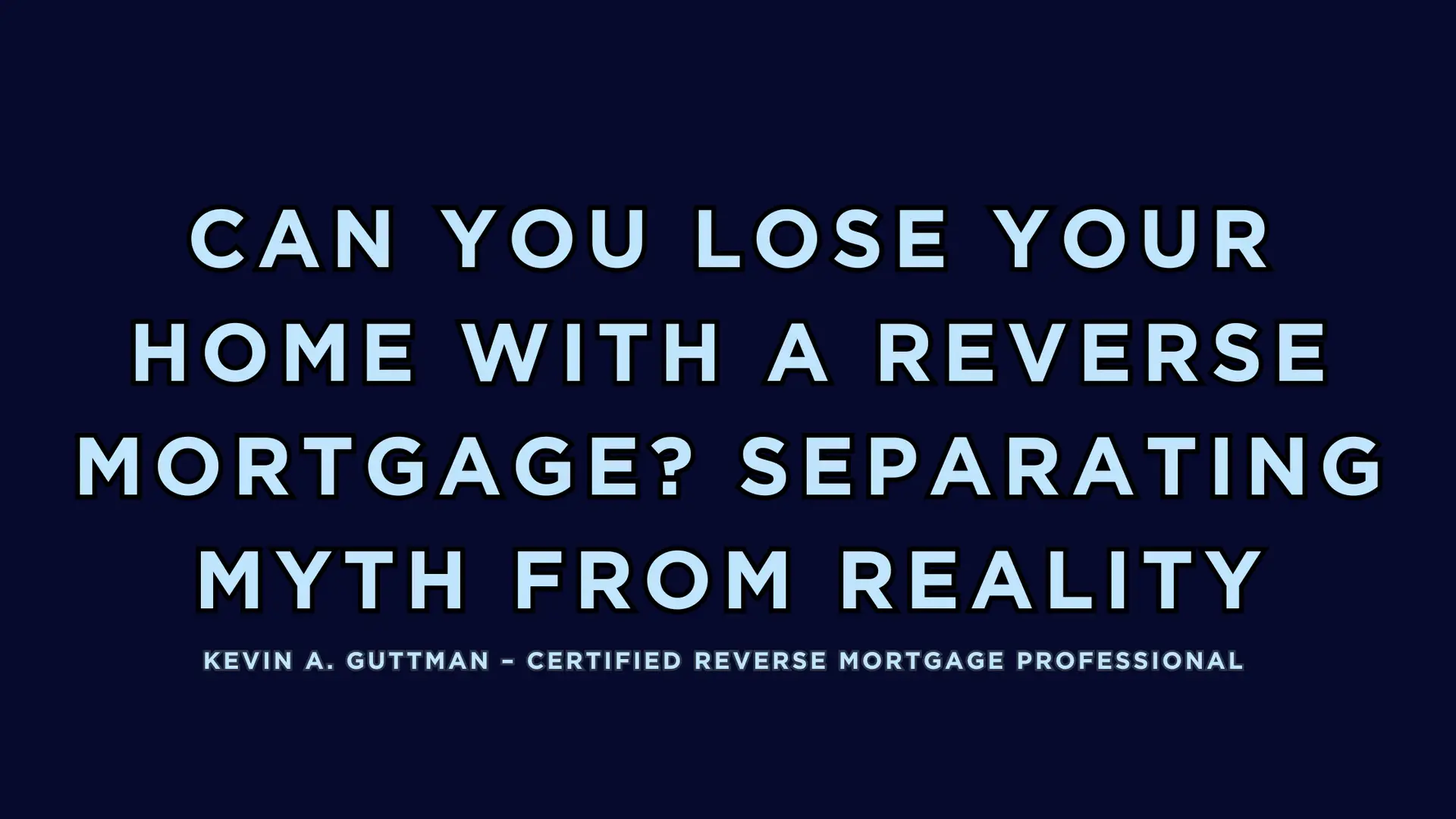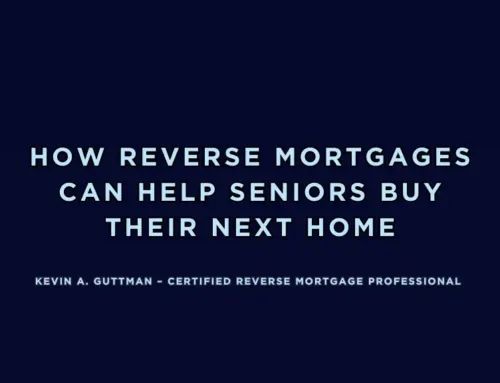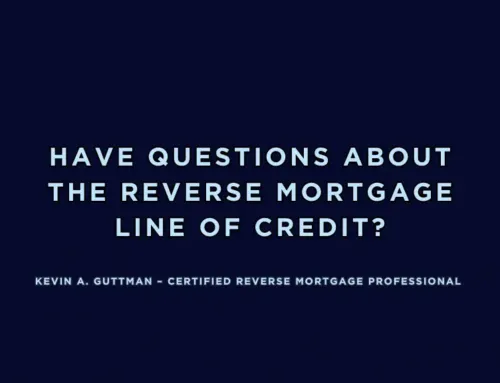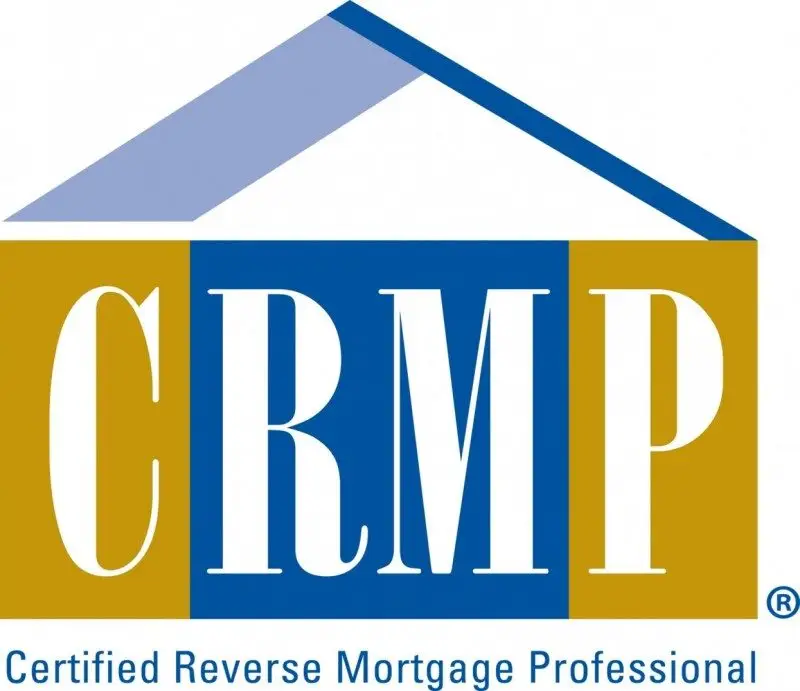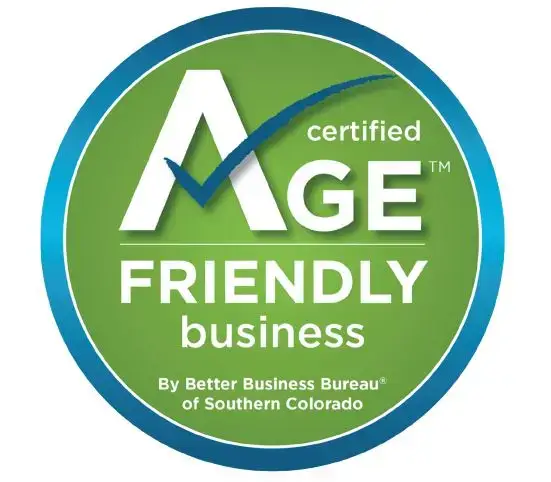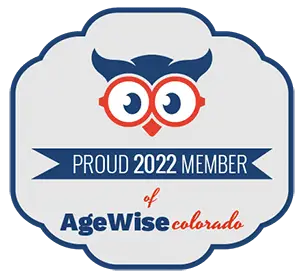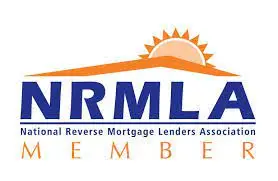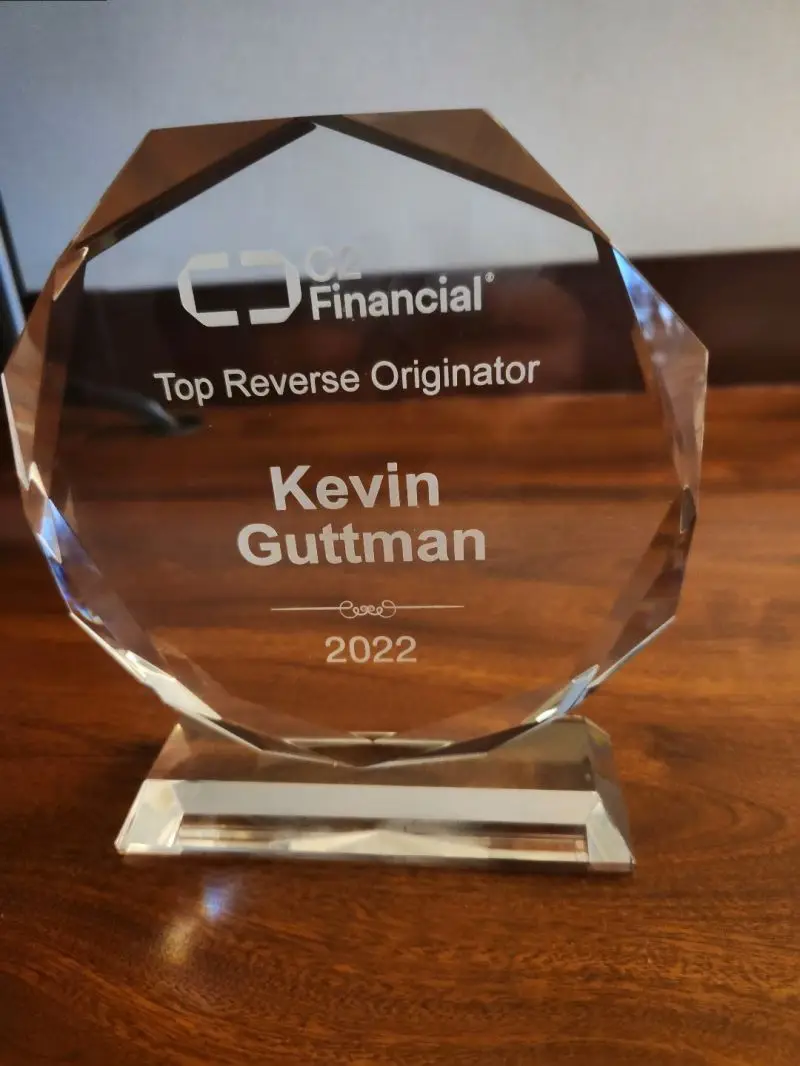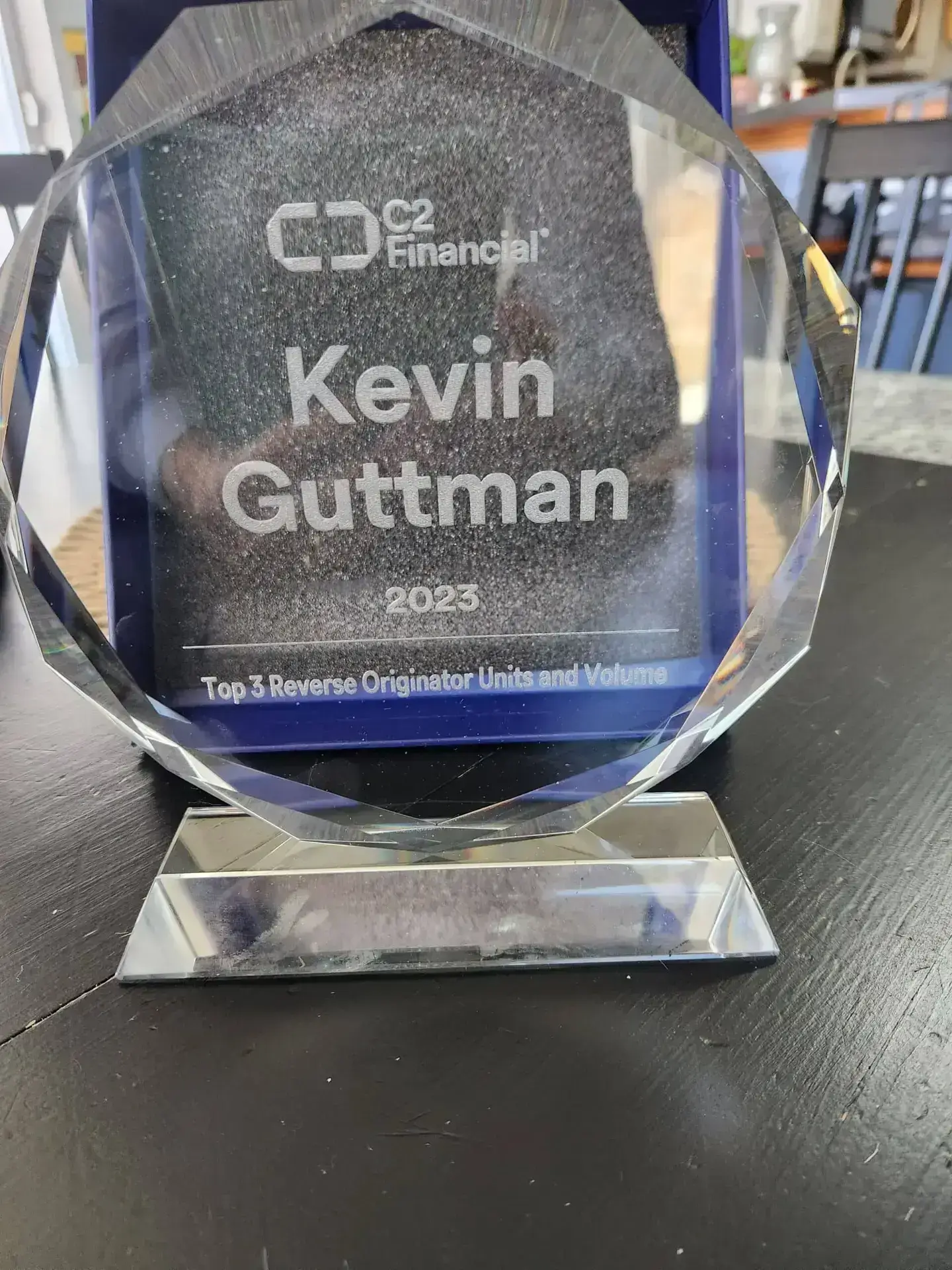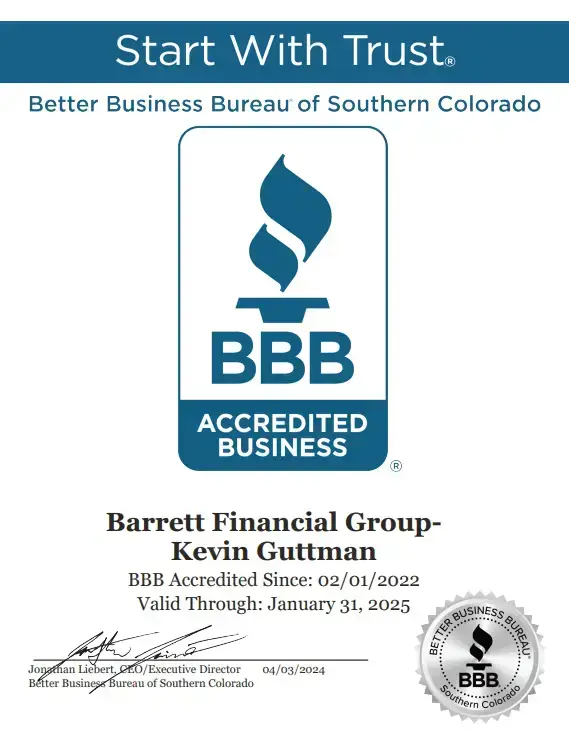For many homeowners in retirement, the idea of a reverse mortgage sounds appealing until one fear surfaces. The worry that they could lose their home. This is one of the most common concerns among retirees considering a reverse mortgage, and it often comes from outdated information or misunderstandings about how these loans actually work.
The truth is that when used correctly, a reverse mortgage is designed to help homeowners stay in their homes, not lose them. Let’s clear up the confusion and look at what really happens when you take out a reverse mortgage.
Understanding What a Reverse Mortgage Really Is
A reverse mortgage, officially called a Home Equity Conversion Mortgage (HECM), is a loan for homeowners aged 62 or older that allows you to convert part of your home equity into cash without making monthly mortgage payments. You continue to own your home and remain responsible for property taxes, homeowners insurance, and basic upkeep.
The loan is repaid later, usually when you move out, sell the home, or pass away. At that time, the proceeds from the home’s sale pay off the balance. Any remaining equity goes to you or your heirs.
Where the Fear Comes From
The misconception that people lose their home comes from confusing a reverse mortgage with foreclosure or from stories about people who did not keep up with their obligations. In reality, homeowners who meet the simple loan requirements, such as living in the home as their primary residence, keeping up with property taxes, insurance, and maintenance, keep full ownership and control of their home.
The Federal Housing Administration (FHA) backs HECM reverse mortgages, adding further protection for homeowners. This federal insurance ensures that borrowers or their heirs will never owe more than the home’s value when the loan is repaid.
When You Could Be at Risk
There are a few circumstances that can cause a reverse mortgage to come due earlier than expected, which is where confusion sometimes arises. You could face repayment if
You move out permanently or sell the home.
You fail to pay property taxes or homeowners insurance.
You do not maintain the home in good condition.
These rules exist to protect both the homeowner and the lender. As long as you meet these basic requirements, you cannot lose your home through a reverse mortgage.
The Role of Counseling and Education
Before you can obtain a reverse mortgage, independent counseling is required by the FHA. This ensures that every borrower fully understands the loan’s terms, responsibilities, and long-term impact before proceeding.
This counseling step was added to eliminate misunderstandings and protect homeowners from making uninformed decisions. When working with an experienced and ethical advisor like Kevin Guttman, who is a Certified Reverse Mortgage Professional (CRMP), you receive clear, personalized guidance throughout the process.
Why a Reverse Mortgage Can Help You Stay in Your Home Longer
For many retirees, a reverse mortgage can actually make it easier to remain in their home. By converting equity into income, it can help cover rising living costs, medical bills, or home improvements while removing the burden of monthly mortgage payments.
In other words, rather than being a threat to homeownership, a reverse mortgage can be a solution that makes long-term homeownership more affordable and comfortable.
The Bottom Line
You do not lose ownership of your home when you take out a reverse mortgage. You stay on the title, maintain control, and can live in the home as long as you wish, provided you meet basic requirements.
The idea that you lose your home is one of the biggest myths about reverse mortgages. In reality, this program was created to help seniors age in place with financial peace of mind.
For personalized guidance and a clear understanding of how a reverse mortgage could work for you, connect with Kevin Guttman, Certified Reverse Mortgage Professional in Colorado Springs. Kevin provides honest, straightforward advice to help homeowners make informed financial decisions with confidence.
Have questions about reverse mortgages?
Contact Kevin Guttman today through ReverseMortgageRevolution.com for expert guidance and a no-pressure consultation.
- Phone: (719) 302-5820
- Website: Reverse Mortgage Revolution
- Reverse Mortgage Quick Quiz
- Home Equity Quick Quiz
Final Thought
A reverse mortgage can be a safe, flexible, and empowering solution — when it’s the right fit. Whether you want to reduce financial stress, eliminate payments, or simply enjoy more comfort in retirement, understanding how a reverse mortgage works is the first step.
Have questions? Kevin Guttman is here to help. As a Certified Reverse Mortgage Professional licensed in 18 states HI, WA, OR, CA, ID, UT, AZ, CO, NM, KS, OK, TX, TN, AL, FL, MI, OH, and PA. Get in touch today for a free quote in minutes. Kevin offers clarity, transparency, and personalized advice you can count on.


